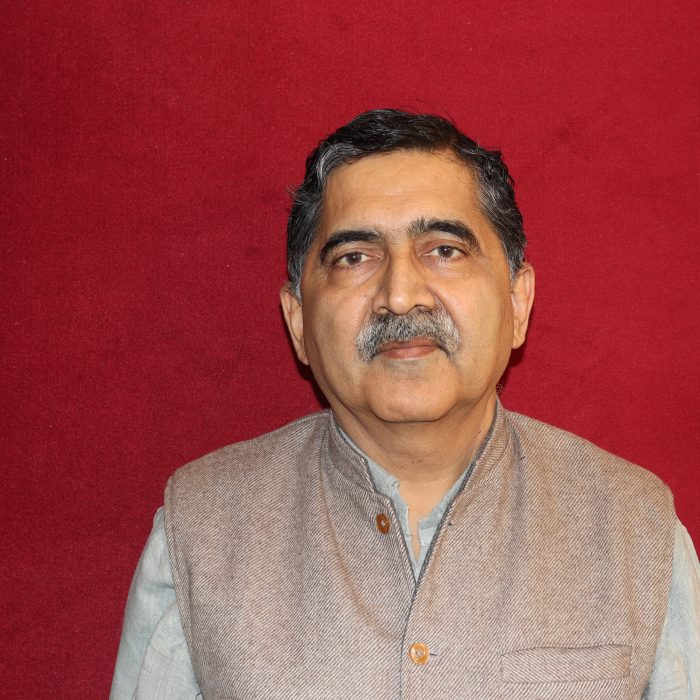
DR DILEEP MAVALANKAR
Senior Professor, Public Health Foundation of India Former Director, Indian Institute of Public Health, Gandhinagar Global Expert in Climate-Resilient Public Health & Maternal Health Systems
Dr. Dileep Mavalankar is a distinguished public health expert and medical doctor, currently serving as a Senior Professor at the Public Health Foundation of India. He formerly led the Indian Institute of Public Health, Gandhinagar, as its Director and has been a pivotal figure in advancing climate-resilient health strategies in India.
Dr. Mavalankar played a key role in developing the Ahmedabad Heat Action Plan, India’s first comprehensive early warning and response system to address extreme heat risks. This model has since been replicated across many Indian cities and is recognized globally for its public health impact.
He earned his MBBS and MD in Preventive and Social Medicine from Gujarat University, Ahmedabad, and pursued an MPH and DrPH at the Johns Hopkins School of Hygiene and Public Health, USA. His academic and research experience spans prestigious institutions such as the National Institutes of Health (USA), Indian Institute of Management Ahmedabad, Mailman School of Public Health at Columbia University (NY), and NHL Municipal Medical College.
Among his many honors, Dr. Mavalankar has received the Paul Harper Award (1990), Hewlett Foundation Fellowship, and was inducted into the Delta Omega Honorary Public Health Society (USA). He was a National Science Talent Scholar and appointed to high-level committees including the Mission Steering Group of the National Rural Health Mission, the Technical Working Group on Maternal Health, and the 12th Five-Year Plan Steering Group on Health of the Planning Commission of India.
Dr. Mavalankar’s contributions continue to shape public health policy and climate resilience in India and beyond, making him a leading voice in sustainable and inclusive healthcare planning.
Heatwaves are no longer episodic extremes but are increasingly becoming a structural feature of India’s climate landscape. Globally, nearly half a million people die each year from heat-related causes, with Asia accounting for 45 percent of these deaths . Despite the apparent acclimatization to high temperatures in tropical countries, India is experiencing unprecedented mortality linked to heat stress, particularly among vulnerable populations. This discussion provides a detailed exploration of the science of heat-related illness, systemic gaps in data and policy, occupational vulnerabilities, and the evolution of India’s heat governance. Drawing on evidence from mortality patterns, heat action planning, and temperature data, the discussion highlights how climate adaptation can be designed and implemented to build resilience.
Read more
